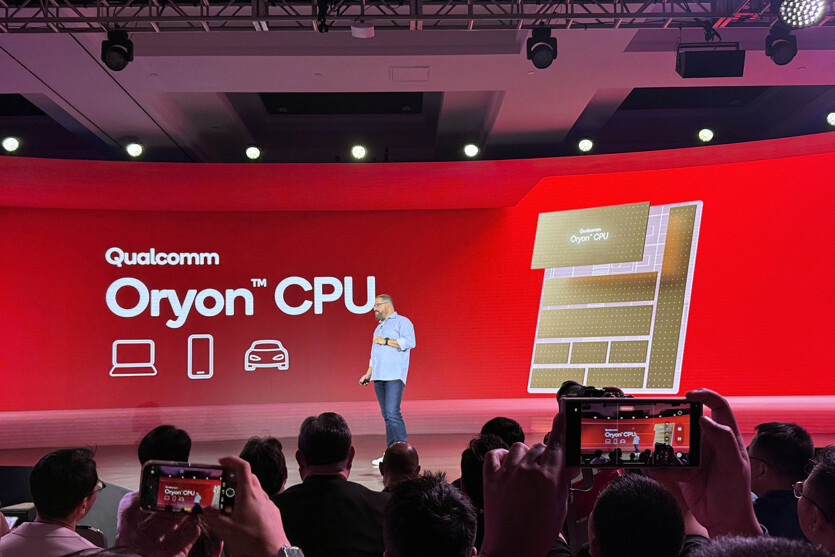
ARM has canceled a license that allows Qualcomm to use the company’s intellectual property to develop processors amid ongoing litigation.
According to the document, which was reviewed by Bloomberg, ARM notified Qualcomm of the cancellation of the architecture license agreement in 60 days. The contract allows Qualcomm to create its own chips based on standards owned by ARM. The conflict threatens to destabilize the market for smartphones and other devices.
Qualcomm sells hundreds of millions of processors annually, which are used in most Android smartphones, tablets, and more recently, PCs. If the cancellation goes into effect, the company will have to stop selling products that make up the majority of its $39 billion revenue or face claims for huge damages.
ARM’s move is a result of the legal battle that began in 2022. ARM sued Qualcomm for what it believes to be breach of contract and trademark. ARM representatives declined to comment. A Qualcomm spokesperson said that the British company is trying to «control a longtime partner»:
«This appears to be an attempt to disrupt the trial, and the request for a cease and desist is completely unfounded. We are confident that Qualcomm’s rights under the agreement with ARM will be upheld».
ARM’s breach of contract claim and Qualcomm’s counterclaim arose out of Qualcomm’s acquisition of another ARM licensee in 2021 and the need, according to ARM, to renegotiate the terms of the contract. Qualcomm claims that the existing agreement covers the activities of the acquired company, a startup with development of Nuvia chips.
Nuvia’s designs are at the heart of Qualcomm’s new notebook processors. Earlier this week, Qualcomm announced plans to move the Nuvia Oryon design to Snapdragon chips for smartphones. ARM claims that this move is a violation of Qualcomm’s license and requires the company to eliminate Nuvia projects that were created before its acquisition. Nuvia’s licenses were terminated in February 2023 after negotiations failed.
Bloomberg analysts say that ARM’s move seems to be an attempt to gain leverage ahead of the December 16 trial. ARM’s lawsuit against Qualcomm is likely to result in an agreed license that gives the chipmaker the rights to customize ARM’s architecture, but with a higher royalty than Nuvia paid.

Spelling error report
The following text will be sent to our editors: